8 books Tony Robbins thinks everyone should read
'Man's Search For Meaning' by Viktor Frankl

'As A Man Thinketh' by James Allen
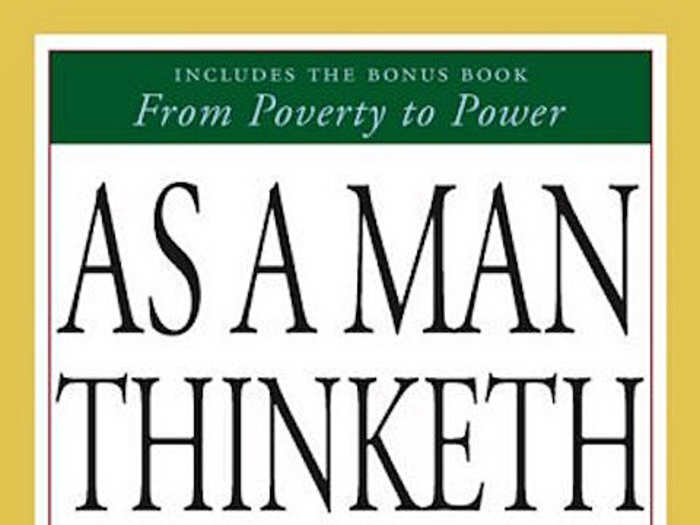
The British author James Allen predates Napoleon Hill ("Think and Grow Rich") and Dale Carnegie ("How to Win Friends and Influence People") as a pioneer of the self-help movement. His most influential work is "As a Man Thinketh," published in 1908.
Robbins said he's read it more than a dozen times and often gives the book as a gift because it's concise, easy to read, and profound. "It's the whole concept of understanding that your thoughts really, truly shape everything in your life that you feel and experience," he said.
Find it here »
'Linchpin' by Seth Godin
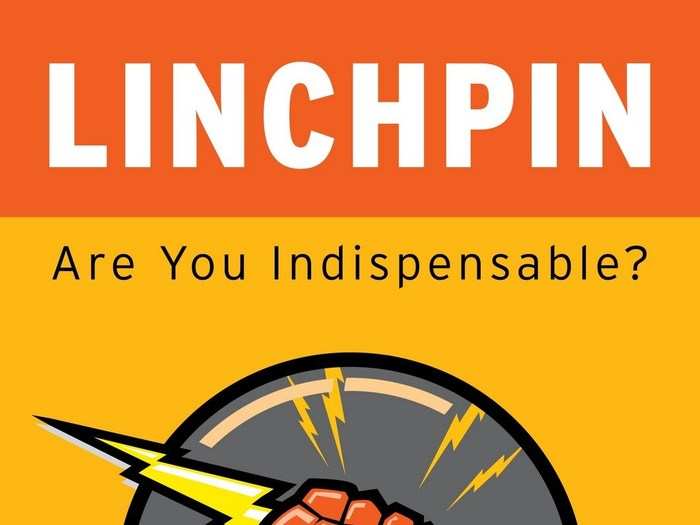
Seth Godin is a serial entrepreneur, marketing expert, and the successful author of 22 books. His 2010 book "Linchpin" was his fastest-selling book yet. It's a guide to becoming a linchpin at your company — that is, how to differentiate yourself from other "cogs in the machine" to become truly indispensable.
In a video to his Twitter followers, Robbins recommended "Linchpin" as a quick, invaluable career resource from a great writer. "He's very poetic and brilliant," he said. "He takes complex things and makes them very simple, and writes them in a very inspiring way."
Find it here »
'The Happiness Hypothesis' by Jonathan Haidt
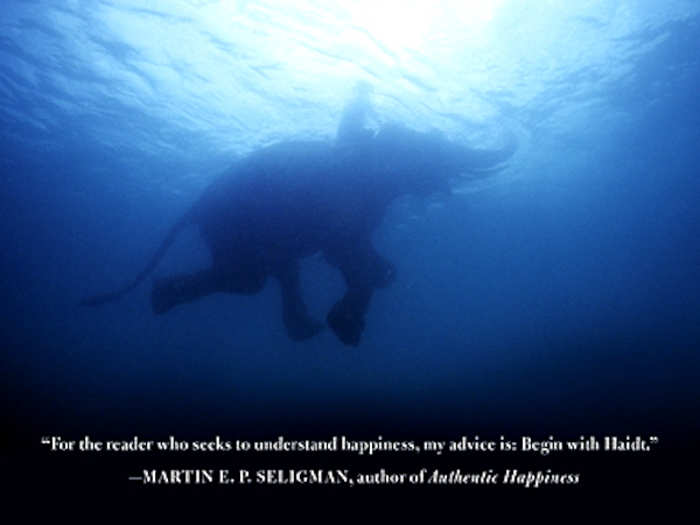
Jonathan Haidt is a social psychologist at New York University's Stern School of Business, and his acclaimed 2006 book "The Happiness Hypothesis" takes ancient wisdom from Plato, Buddha, and Jesus and analyzes it from a modern psychological perspective.
"It's one of the best books I've read to show you the scientific understanding of how you really experience a life of fulfillment," Robbins said in his video. "It'll move you, and it will give you the pathway to see what are the real ways to have lasting happiness and fulfillment."
Find it here »
'The Fourth Turning' by William Strauss and Neil Howe
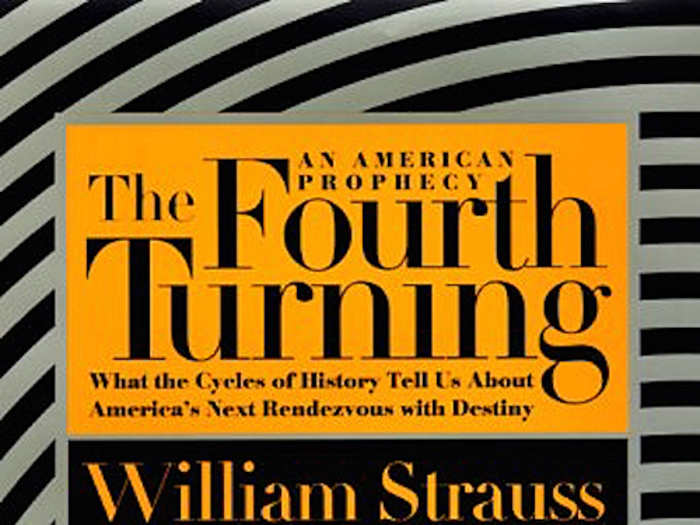
Neil Howe and the late William Strauss are largely responsible for the way Americans think of themselves as members of a particular generation, such as Baby Boomers and Millennials. Their 1997 book "The Fourth Turning" is a good introduction to their generational theory.
Robbins said that he finds the theory to be motivational. "It helps people understand that winter is going to come, but winter isn't forever," Robbins told us. "Winter is always followed by spring. And it's how to take advantage of whatever season you're in."
Find it here »
'Generations' by William Strauss and Neil Howe
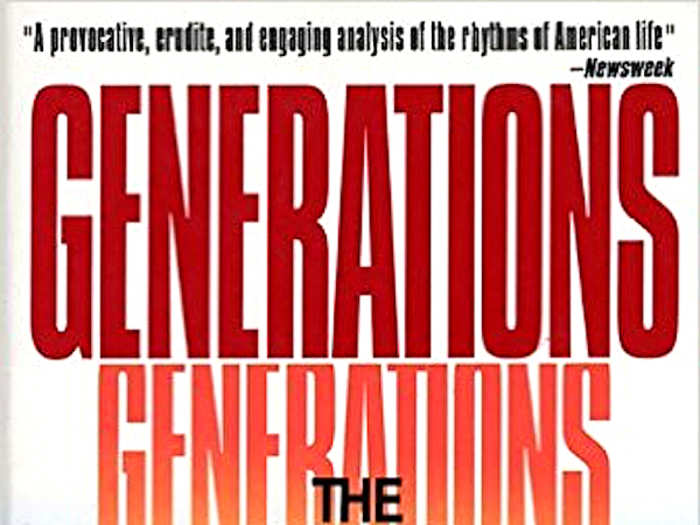
Robbins is such a big fan of Strauss and Howe that he also recommended their 1992 book "Generations."
"It shows there's a direct cycle between how you were raised and how you raise your kids," Robbins said. "And we all react to the way we were raised, and it creates a circular pattern between innovation and maintenance, back and forth. It is a brilliant book because when you understand the patterns of generations, you understand the patterns of history, then you can begin to understand where things are going. And I'm a big believer that losers react and leaders anticipate, but the only way you can anticipate is if you understand the patterns of history."
Find it here »
'Emerson: Essays and Lectures' by Ralph Waldo Emerson
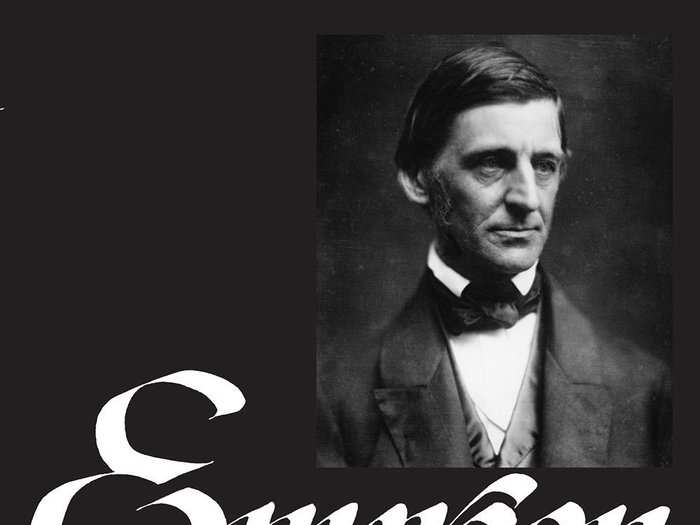
Ralph Waldo Emerson is the father of the Transcendentalist movement that developed in the US in the 1820s and 1830s. It is founded on the belief that people are inherently good and are at their best when they are self-reliant and individualist, free from the corruption of society.
Robbins was deeply inspired by Emerson's essays on the subject when he was beginning his career as a coach. "Self-reliance is a theme all human beings, especially those living in the Western world, have to fully understand if they're going to do well in a world that's changing constantly," he said.
Find it here »
'The Singularity Is Near' by Ray Kurzweil
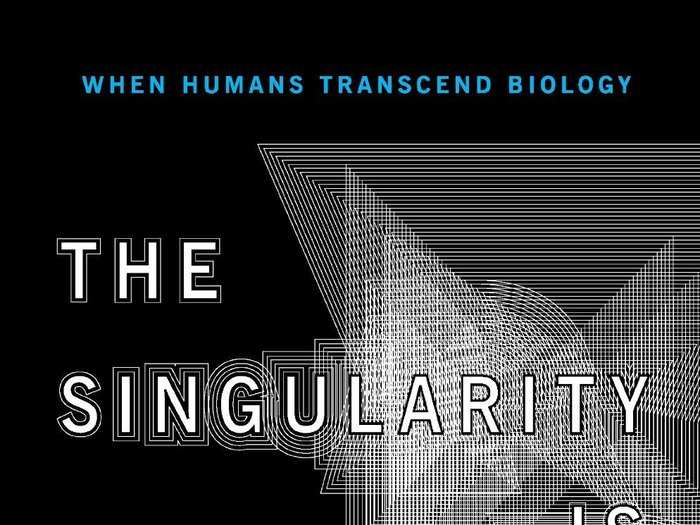
Ray Kurzweil is Google's director of engineering, a vocal futurist and transhumanist, and one of Robbin's good friends. His book, "The Singularity Is Near," details his theory that humanity will reach a point of "technological singularity" by the year 2045, a point from which machine intelligence progresses so rapidly that it exceeds humanity's ability to fully comprehend it.
Robbins sees Kurzweil as something of a prophet. "I believe anticipation is power, that if you are going to have a great life, you don't want to react to everything," he said. "Where the world is going and what technology is leading us to in terms of the evolution of humanity is an incredibly valuable thing to understand."
Find it here »
Popular Right Now
Popular Keywords
Advertisement